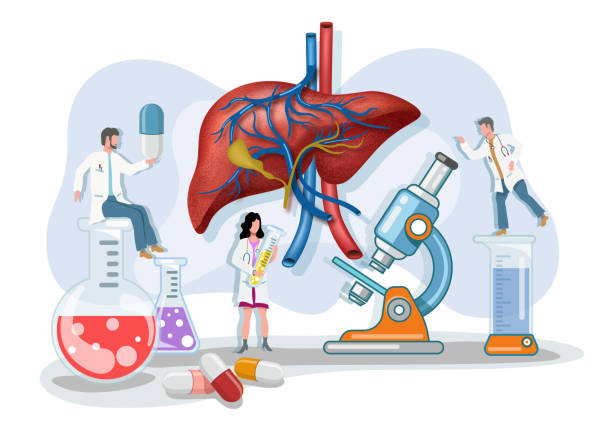- Monday - Saturday 10:00 AM - 5:00 PM
- Call us: +91 7736 00 7326
Underwent Transplant Hepatology Training at the Multi organ transplant Unit, University Health Network, Toronto, Canada, where he gained experience in all aspects of medical management of chronic liver disease in liver transplant setting- Pre liver transplant evaluation & post transplant follow up.
Unlike most surgical interventions, medical management after liver transplantation starts on day one after liver transplant surgery- transplant physician’s role in post transplant ICU , especially in tailoring/individualizing immunosuppression, close monitoring of post operative hepatic hemodynamics, watching out for systemic infections evolving in the background of immunosuppression are of utmost importance in terms of ensuring high survival post transplant. In this perspective, to get adept with immediate post operative care, Dr.Nair spent an additional month of training in Transplant Surgery& Post Operative Care at PENN transplant Institute, Philadelphia, USA.

Hepatic hemodynamics refers to the study of, the blood flow and pressure within the liver. The blood flow through the liver is crucial for the proper functioning of the liver, and abnormalities in hepatic hemodynamics can result in various liver disorders.
Transplant Hepatology is a sub-specialty of gastroenterology that deals with advanced training in gastroenterology, and the management of patients who require liver transplantation or have undergone liver transplantation. It involves the evaluation, management, and follow-up care of chronic liver patients.
Advanced liver disease with portal hypertension refers to a condition in which the liver has sustained significant damage, leading to the development of portal hypertension. Portal hypertension is a medical condition in which the blood pressure within the portal vein system that supplies blood to the liver is elevated. This can affect other organs and can cause serious internal bleeding and other problems.
FB page